

INNOVATION AND ENTREPRENEURSHIP RESOURCES

INNOVATION AND ENTREPRENEURSHIP RESOURCES
About Innovation Resources
Find out about how to use these Innovation Resources.

Finding an idea
Not every venture is developed out of a ‘Eureka’ moment. Some entrepreneurs start with a clear idea for a product or service they want to develop. Others have the intention to build a business and then search for the right idea for them to work with. In this section, find resources to help generate or finesse a venture idea.

Is your idea worth pursuing?
Market research and validation is a crucial part of venture creation. Testing your preconceived ideas and concepts is invaluable in building a viable enterprise. It will save you time and money, and help you succeed faster.

How to start a company in New Zealand
New Zealand is one of the easiest countries in the world for starting a company. From a purely administrative point of view, it takes about 10 minutes to set up a company. That is, once you have a good idea and you know where to start. In this section, find resources to help you on your way to registering a company.
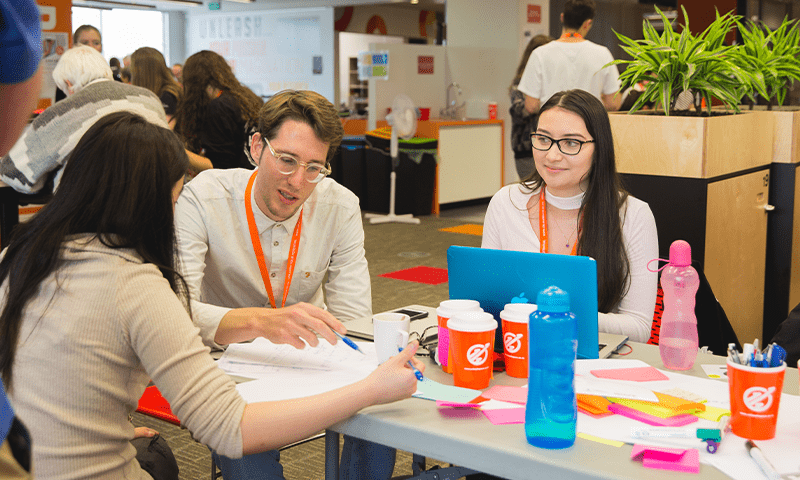
The size of the market – what is it, and how do you calculate it?
When starting a business, it is important to know (at the start of the journey) what the size of the market is. As any entrepreneur can tell you, creating a start-up requires a lot of energy, so you want to make sure you’re solving a worthwhile problem.

Building your team
Whether you intend to run your venture as a sole operator or build a company, you will need to surround yourself with a team to build your knowledge and opportunities. In this section, find suggestions for finding co-founders, team members, mentors, business partners and other support.

Who’s the competition?
For most businesses, there is someone or something else already solving this problem. In this section, find out why it is important to know this, and how to go about finding out who your competition is. Hint: if you think there is no competition, you’re not looking hard enough.
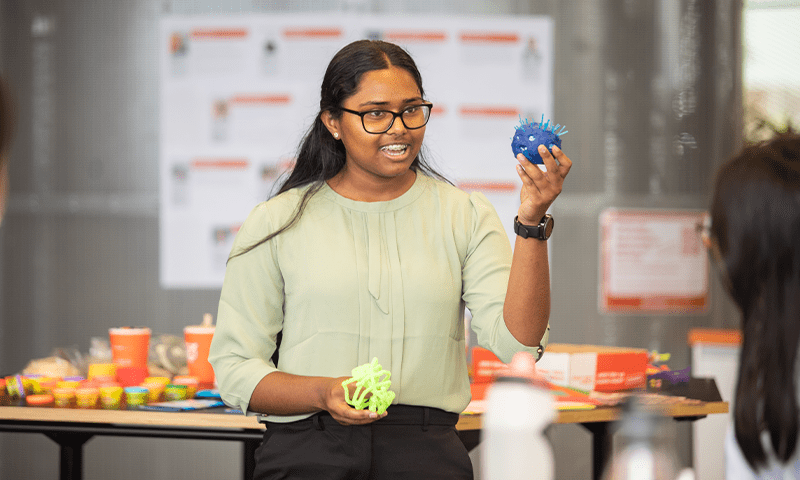
Go-to-market strategy
Launching a new product or service isn’t easy. Therefore, having a plan outlining precisely what actions you’re going to take, in which order is a good idea. That’s a Go-to-Market Strategy.
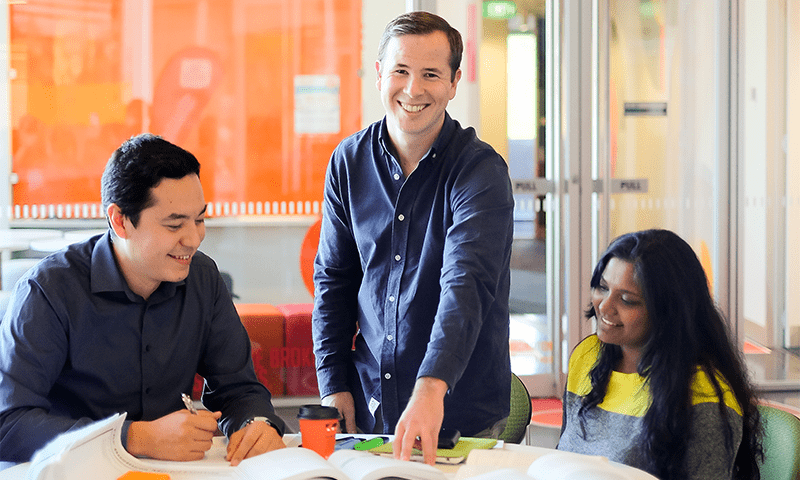
Social entrepreneurship
Social entrepreneurship or Impact entrepreneurship has a focus on creating good through business. It is a slightly different way of looking at business where the creation of good is at the core of the business. They are sustainable businesses, with a compelling value proposition and a sustainable funding model. In this section, learn about the characteristics, unique challenges and approaches to running a social enterprise.

What is your business model?
Creating value is essential for every start-up. To figure out how to create value, you use a business model. Essentially, a business model is a diagram of your way of generating value. There are many ways to go about figuring out what your business model is. Here are some resources to help you.

What is a Business Model Canvas?
A canvas is a template for a business model. There are many different canvases available, depending on your type of business. Many start-ups use either the Business Model Canvas or the Lean Business Model Canvas. For social businesses, the Social Lean is very good.
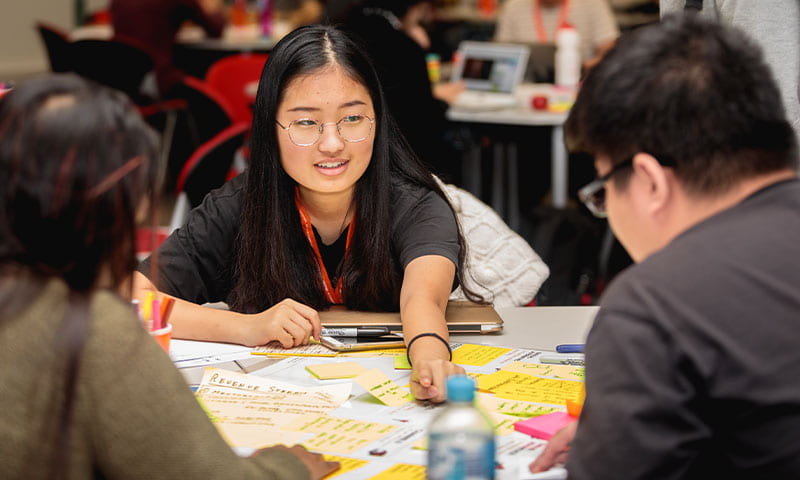
Funding your venture
To commence a start-up, most people need money, frequently more than what you have yourself. In this section, you’ll find the different ways of getting money explained, and also how to think about it.

How to fund your venture in New Zealand
New Zealand has a rich ecosystem for supporting start-ups. Here are some organisations that are part of that ecosystem, and their roles explained.
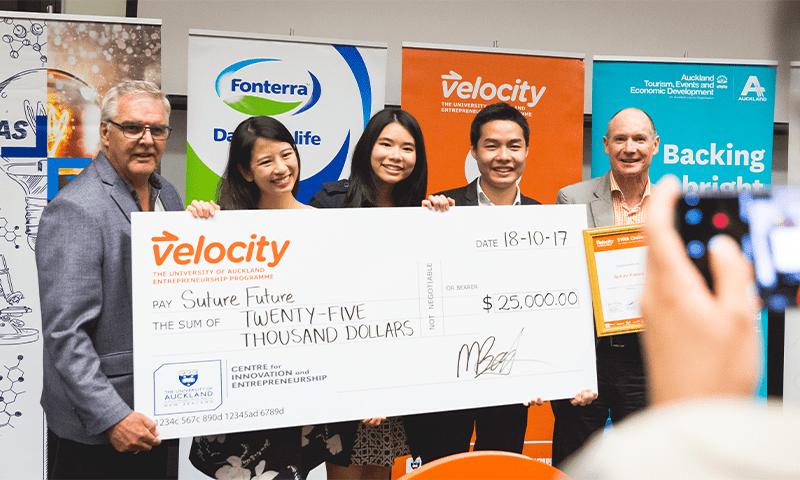
Pitching your idea
To get traction, every start-up idea will need to be shared with the world. How good you are at sharing your idea will determine, in part, how successful your endeavour will be. Don’t fret, this is a skill you can learn and with practice, master. Spend some time here, as it is important.

Legal stuff
When you start a company, there are always legal elements you will need to consider. Not doing this at the start will mostly result in problems down the line, so it is a good idea to get the legal stuff confirmed early.

Customer discovery
The purpose of this phase is to find out who your customers are and if your idea is appealing to them. In other words, would they want to pay for what you’re offering? Here are some great resources on how to do this.

Minimum viable product
When building your start-up, you will have heard people talk about a minimum viable product, or MVP. What’s that you ask? This section will tell you all about it.
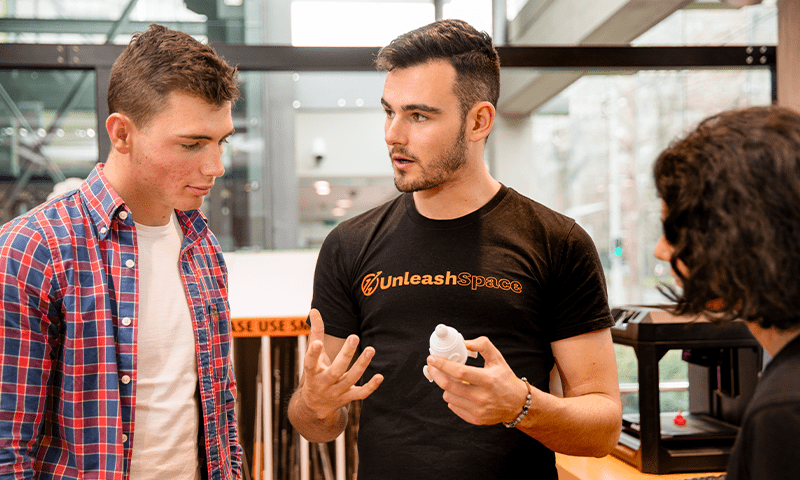
Useful links for women entrepreneurs
Find out about opportunities for women entrepreneurs in the entrepreneurial ecosystem.

Useful links for Māori entrepreneurs
Find out about opportunities for Māori entrepreneurs in the entrepreneurial ecosystem.
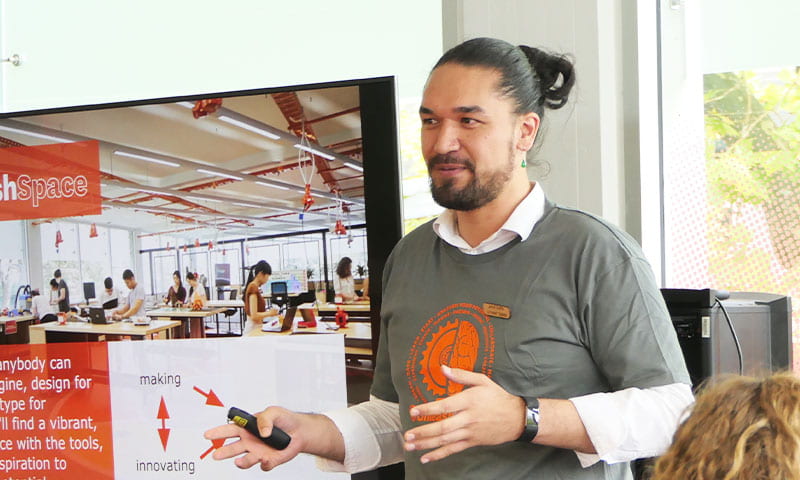
Useful links for Pacific entrepreneurs
Find out about opportunities for Pacific entrepreneurs in the entrepreneurial ecosystem.
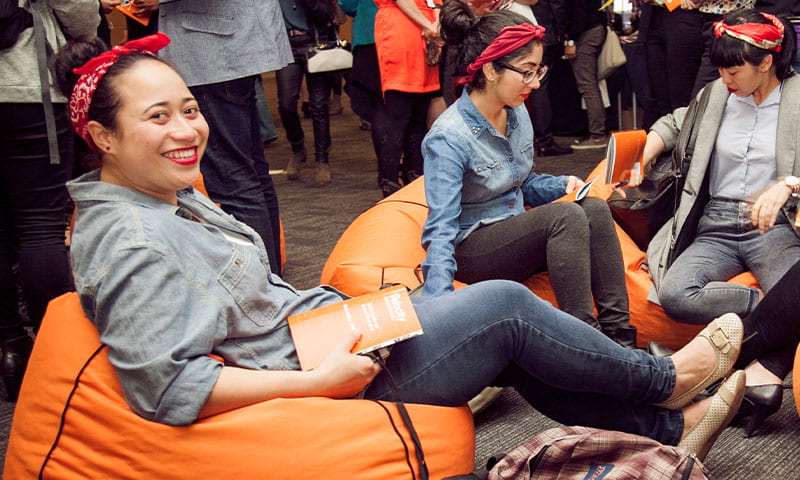
Other useful links
Find out about other opportunities in the entrepreneurial ecosystem.

Inspiration
Starting a new project can be intimidating. With infinite possibilities and often many ways of doing things, how do you decide where to begin?
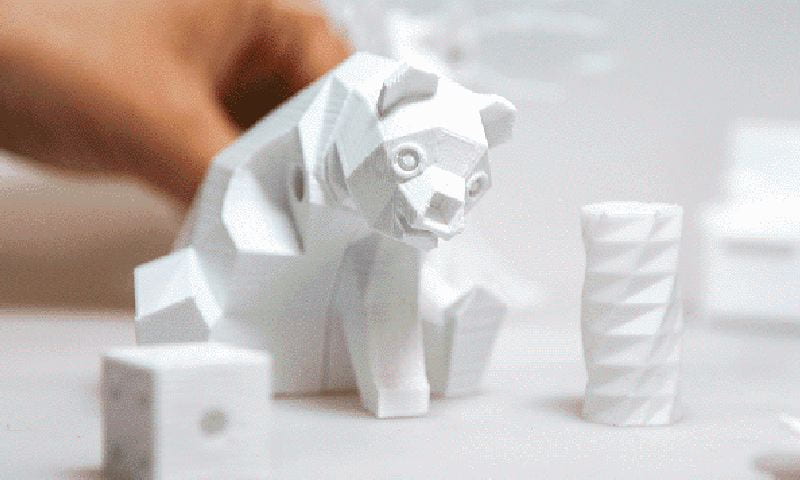
EMAIL
CIE@AUCKLAND.AC.NZ
POSTAL ADDRESS
THE UNIVERSITY OF AUCKLAND BUSINESS SCHOOL
PRIVATE BAG 92019, AUCKLAND













